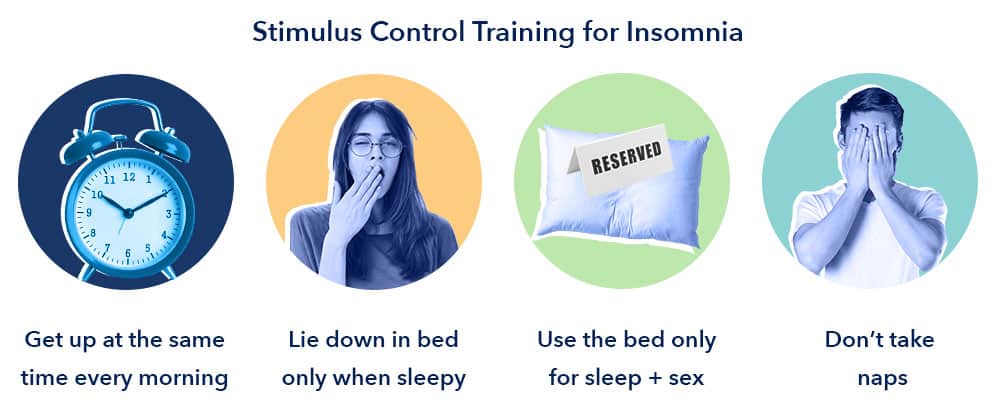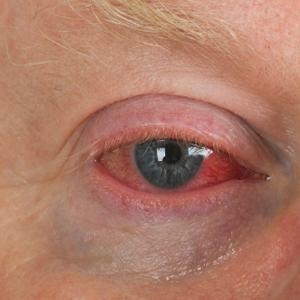

But if you take decongestants regularly, talk with your provider about a different medicine that may make it easier to sleep. If you’re taking cold or allergy meds on a short-term basis, you can probably get by with a few restless nights. This includes phenylephrine and pseudoephedrine, according to the American Academy of Family Physicians.Įxamples of cold and allergy treatments that might contain these medications include DayQuil, Sudafed, Claritin-D, and Allegra-D. But the main ingredients in some of these formulas can also cause jitteriness and insomnia. Over-the-counter (OTC) decongestants and allergy medications work wonders to help reduce the sniffles, sneezing, and a runny nose. Here are some of the more common medications that cause insomnia. These drugs cause insomnia for different reasons including their mechanism of action, dose timing, and length of treatment. “Drug-induced insomnia can be a consequence of stimulants and certain classes of medications,” Weiss says. In SingleCare’s sleep survey, 5% of respondents reported insomnia is a side effect of their medication. Because a wide variety of medications can cause insomnia, drug-induced insomnia can be quite common. Department of Health and Human Services, insomnia is one of the most commonly reported sleep problems. 9 types of medications that cause insomniaĪccording to the U.S. What’s more, this condition is commonly observed in people with chronic conditions such as cardiovascular disorders, diabetes, and pulmonary diseases, as some of the therapeutics to treat those chronic diseases can cause insomnia, says Carleara Weiss, Ph.D, MS, RN, Aeroflow Sleep’s sleep science adviser and a postdoctoral fellow in sleep and circadian rhythms. “Factors beyond the chemical components of a specific drug and their known side effects that can contribute to drug-induced insomnia include pre-existing conditions or diseases, sleep disorders, sleep patterns, and other indirect effects from medications,” Dr. While drug-induced insomnia is sometimes caused by a straightforward causal relationship between the interactions of a specific drug with your body’s neurotransmitters or receptors that control your sleep, the relationship between a drug and the side effect of insomnia is often a bit more complex. Drug-induced insomnia can be either short-term or chronic. Chronic, or long-term, insomnia, occurs three or more nights a week and lasts for 3 months or longer. If it occurs for less than three months, it’s called short-term insomnia.

“Drug-induced insomnia is just what it sounds like-insomnia, or difficulty sleeping, caused by taking certain medications,” says Brynna Connor, MD, a family medicine specialist.ĭifficulty falling or staying asleep, or getting good quality sleep is considered insomnia, according to the National Heart, Lung, and Blood Institute. That’s why it’s critical to understand how drug-induced insomnia impacts your health and what you can do to get a better night’s sleep. Sleep deprivation can wreak havoc on your physical and mental well-being. Trying to figure out the cause of these sleepless nights can be tiresome (no pun intended!), but sometimes, it’s as simple as reading the labels on your prescription medications. If you have difficulty going to sleep, staying asleep, or find that you wake up too early, you may have insomnia.


 0 kommentar(er)
0 kommentar(er)
